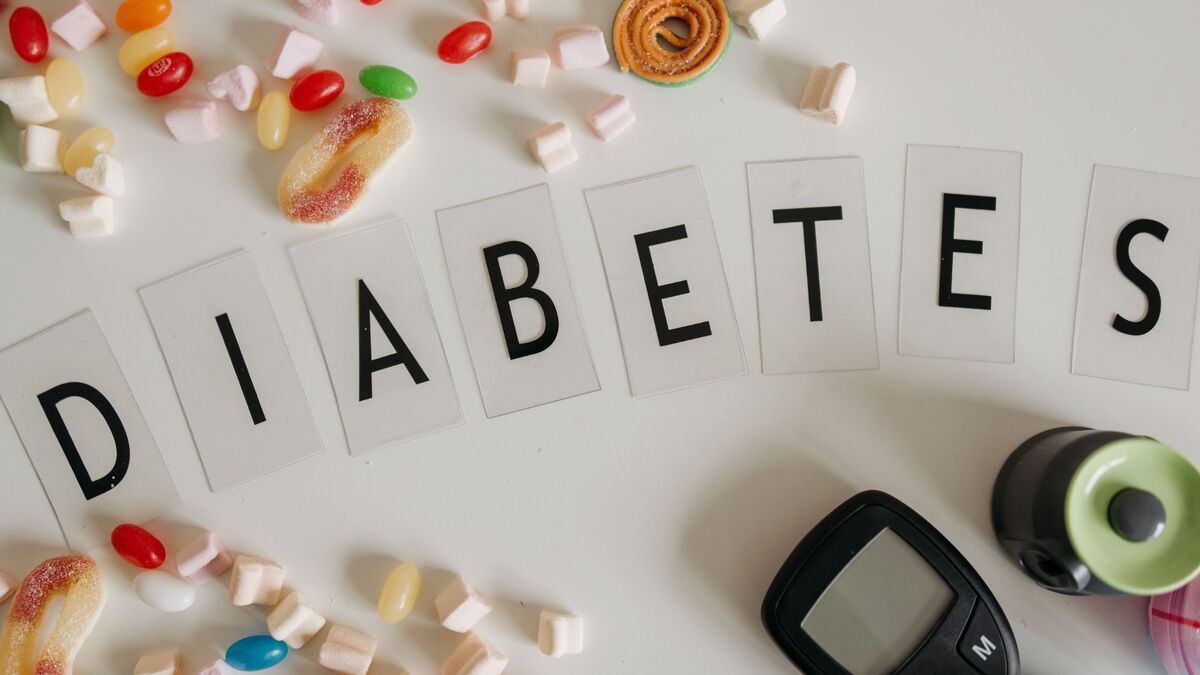Have you ever felt persistently fatigued, experienced tingling sensations in your limbs, or noticed a decline in cognitive function? These could be signs of a common yet often overlooked condition: Vitamin B12 deficiency. What exactly causes this deficiency, what symptoms does it manifest, and how can it be effectively treated? Let’s delve into the intricate details of this essential vitamin deficiency.
What Causes Vitamin B12 Deficiency?
Vitamin B12, also known as cobalamin, is a crucial nutrient responsible for various bodily functions, including red blood cell formation, neurological health, and DNA synthesis. Despite its importance, the body cannot produce vitamin B12 on its own; it must be obtained from dietary sources such as meat, fish, eggs, and dairy products. Several factors can contribute to a deficiency in this vital vitamin:
- Dietary Insufficiency: Vegans and vegetarians are at a higher risk of vitamin B12 deficiency since plant-based foods typically lack this nutrient.
- Gastrointestinal Disorders: Conditions such as pernicious anemia, celiac disease, Crohn’s disease, or gastrointestinal surgery can impair the body’s ability to absorb vitamin B12 from food.
- Age: As individuals age, their ability to absorb vitamin B12 diminishes, making older adults more susceptible to deficiency.
- Medications: Certain medications, such as proton pump inhibitors and metformin, can interfere with vitamin B12 absorption.
- Genetic Predisposition: Some individuals may have genetic factors that impair their ability to metabolize or absorb vitamin B12 effectively.
Symptoms of Vitamin B12 Deficiency:
The symptoms of vitamin B12 deficiency can vary widely in severity and manifestation. Some common signs include:
- Fatigue and Weakness: Persistent fatigue and weakness are hallmark symptoms of vitamin B12 deficiency, often affecting daily energy levels and overall vitality.
- Neurological Symptoms: Deficiency can lead to neurological complications such as tingling or numbness in the hands and feet, difficulty walking, balance problems, and memory loss.
- Pale or Jaundiced Skin: In severe cases, vitamin B12 deficiency can result in pale or jaundiced skin due to impaired red blood cell production.
- Mood Changes: Individuals may experience mood swings, depression, or irritability as a result of vitamin B12 deficiency affecting neurotransmitter function.
- Digestive Issues: Digestive symptoms like diarrhea, constipation, or loss of appetite may occur, particularly in cases of gastrointestinal disorders.
Treatment for Vitamin B12 Deficiency:
Fortunately, vitamin B12 deficiency is typically straightforward to diagnose and treat. Treatment options include:
- Dietary Changes: Increasing intake of vitamin B12-rich foods or incorporating fortified foods into the diet can help replenish deficient levels.
- Supplementation: Vitamin B12 supplements are available in various forms, including oral tablets, sublingual tablets, nasal sprays, and injections.
- Lifestyle Modifications: For individuals with absorption issues, such as pernicious anemia or gastrointestinal disorders, lifelong supplementation or regular injections may be necessary.
- Management of Underlying Conditions: Addressing underlying conditions contributing to vitamin B12 deficiency, such as gastrointestinal disorders, can improve absorption and utilization of the vitamin.
Are you getting enough B12?
In conclusion, understanding the causes, symptoms, and treatment options for vitamin B12 deficiency is crucial for maintaining overall health and well-being. By recognizing the signs early and implementing appropriate interventions, individuals can effectively manage this common nutritional deficiency. What steps will you take to ensure you’re getting enough vitamin B12 in your diet or supplementation routine?










